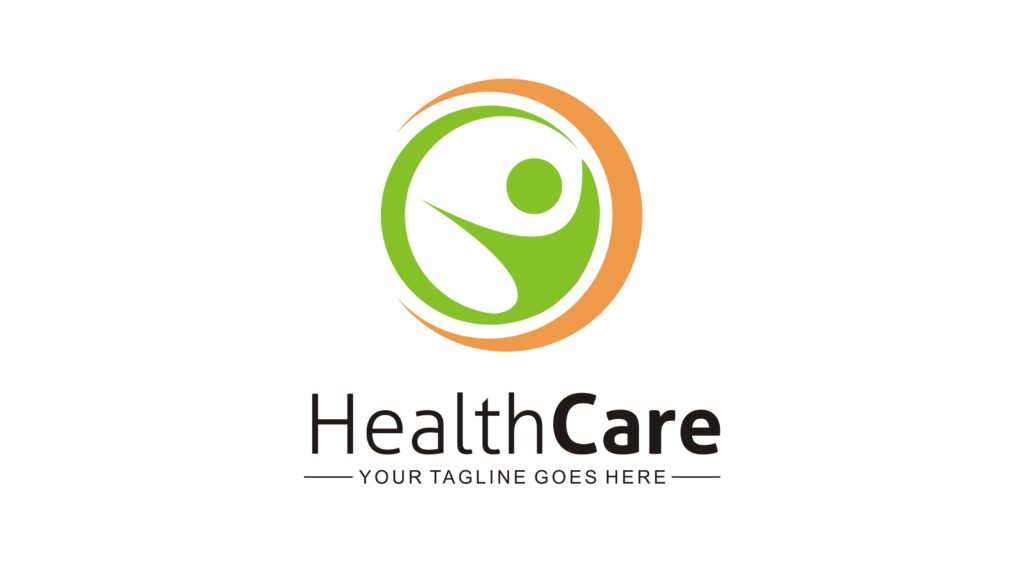“The Rise of Short-Term Health Plans: Exploring the Pros and Cons of Temporary Coverage”
Introduction
The healthcare landscape in the United States has been marked by a growing trend in recent years – the rise of short-term health plans. These plans, also known as short-term limited duration insurance (STLDI), offer an alternative to traditional long-term health insurance policies. While they have gained popularity for their affordability and flexibility, they also come with their fair share of advantages and disadvantages. This article aims to provide an in-depth analysis of the pros and cons of short-term health plans, shedding light on their impact on individuals, the healthcare system, and the broader insurance market.
Pros of Short-Term Health Plans
- Affordability: Short-term health plans are often significantly cheaper than long-term plans, making them accessible to individuals who may be unable or unwilling to commit to high monthly premiums. This affordability can be especially appealing to young, healthy individuals or those in temporary situations, such as recent graduates or job changers.
- Flexibility: Short-term plans typically offer flexibility in terms of coverage duration. Policyholders can choose plans that span from a few months to a year, allowing them to tailor their coverage to their specific needs. This flexibility is ideal for those who anticipate changes in their life circumstances, like seasonal workers or individuals in between jobs.
- Quick Enrollment: Unlike long-term plans that often involve extensive application processes and waiting periods, short-term health plans usually have swift enrollment procedures. This quick turnaround can be a lifesaver for those who need immediate coverage due to unforeseen circumstances.
- Freedom of Provider Choice: Short-term plans generally don’t restrict policyholders to a specific network of healthcare providers. This means individuals have more freedom to see the doctors and specialists of their choice without worrying about out-of-network costs.
- No Open Enrollment Period: Short-term plans are available year-round, offering a safety net for those who miss the standard open enrollment periods for other health insurance options like the Affordable Care Act (ACA) marketplace plans.
- No Essential Health Benefits Requirement: Short-term health plans are not subject to the ACA’s essential health benefits requirements, which allows insurers to offer more tailored coverage options. This can be beneficial for individuals who do not need certain services covered by the ACA, potentially reducing their premium costs.
Cons of Short-Term Health Plans
- Limited Coverage: One of the most significant drawbacks of short-term health plans is their limited coverage. They often exclude essential health services such as maternity care, mental health treatment, and prescription drugs. This limited coverage can lead to unexpected medical expenses for policyholders.
- Pre-existing Condition Exclusions: Short-term plans can deny coverage or charge higher premiums based on pre-existing medical conditions. This exclusionary practice can leave individuals with chronic health issues without adequate coverage or facing prohibitively expensive premiums.
- Lack of Consumer Protections: Unlike ACA-compliant plans, short-term health plans are not subject to the same consumer protection regulations. This means they can impose lifetime and annual benefit limits, cancel policies retroactively, and have less stringent standards for claims denials.
- No subsidies: Short-term plans do not qualify for government subsidies, making them less affordable for low-income individuals who may need help to afford even basic healthcare coverage.
- Not Guaranteed Renewable: Short-term health plans are temporary by nature and do not guarantee policy renewal. This means that if a policyholder develops a health issue during the coverage period, they may have difficulty finding affordable coverage once their short-term plan expires.
- Contribution to Market Fragmentation: The proliferation of short-term health plans in the insurance market can lead to fragmentation. As healthier individuals opt for these plans, the risk pool in ACA-compliant plans becomes skewed toward sicker individuals, potentially driving up premiums for those who rely on comprehensive coverage.
Conclusion
The rise of short-term health plans presents a double-edged sword for individuals seeking healthcare coverage. While they offer affordability and flexibility, they come with limitations and risks. Choosing a short-term plan requires careful consideration of individual needs, risks, and budget constraints. The debate over their role in the broader healthcare system continues, with implications for healthcare access and affordability in the United States.






